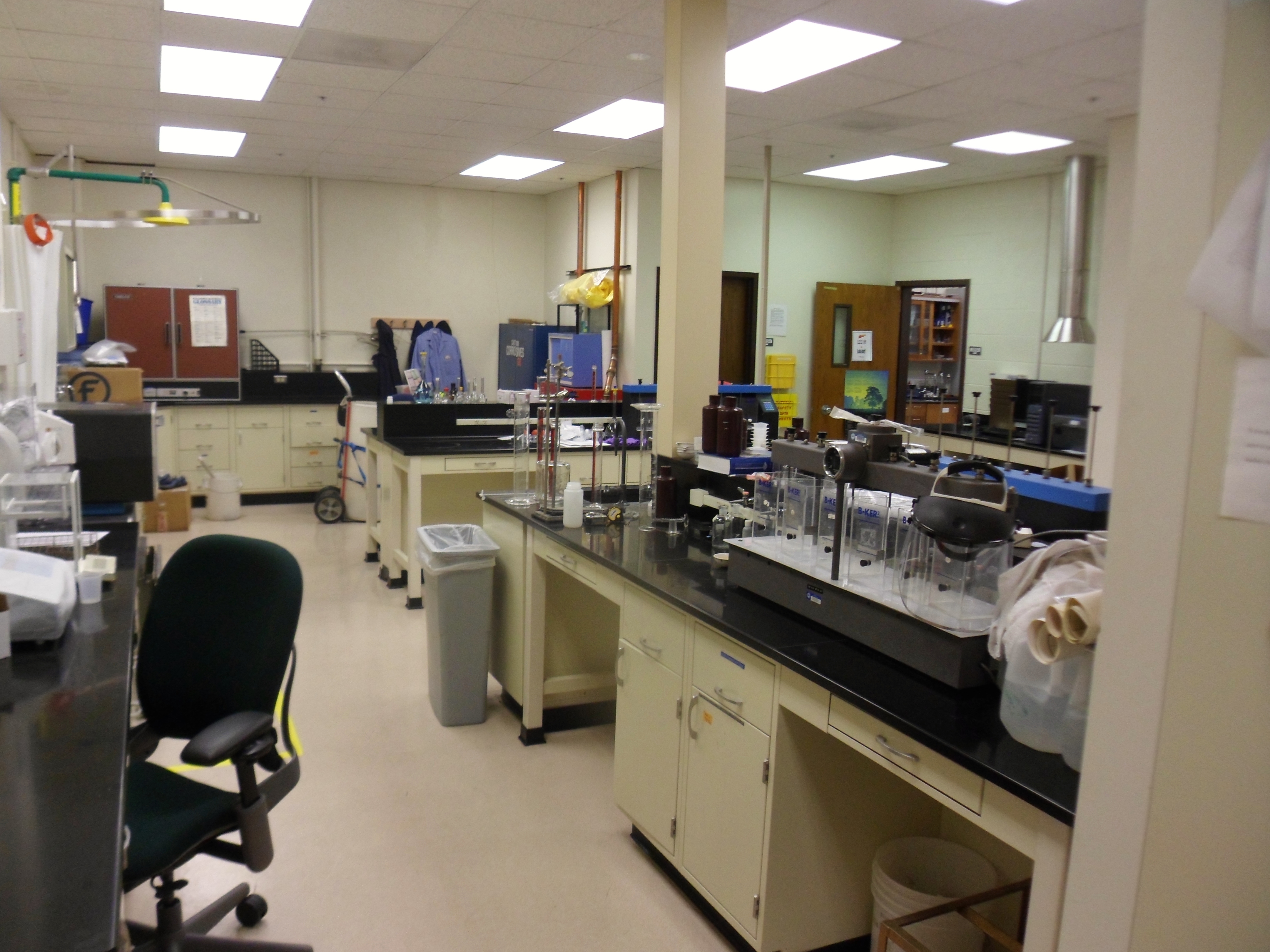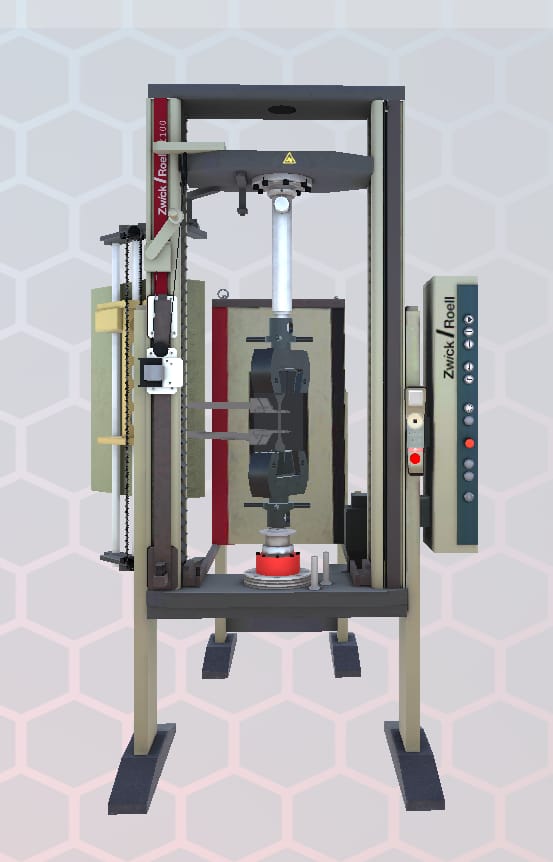
Instrumentation and control engineering (ICE) is a branch of engineering that studies the measurement and control of process variables, and the design and implementation of systems that incorporate them. Process variables include pressure, temperature, humidity, flow, pH, force and speed.
- Teacher: Admin User






